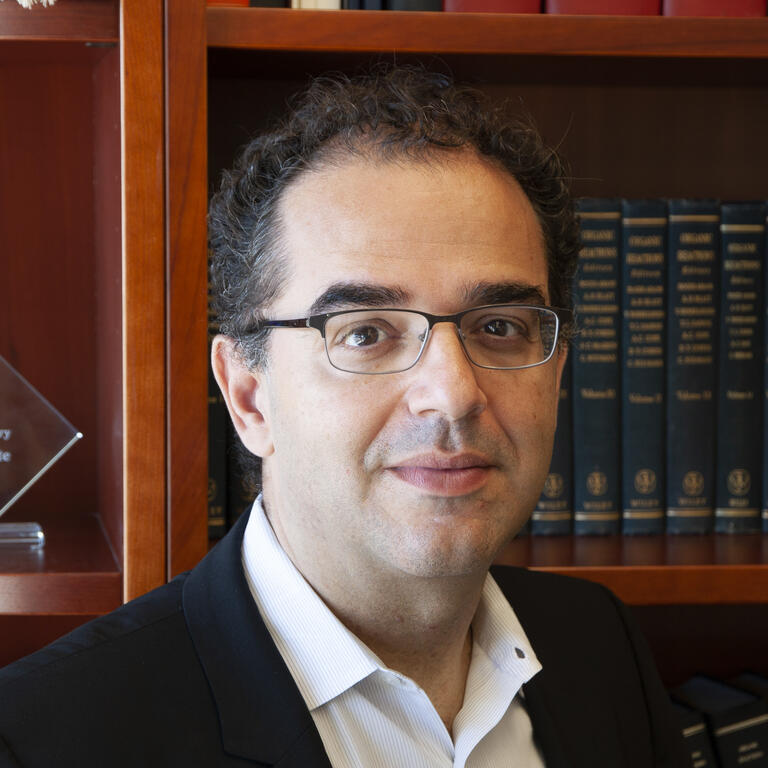The Chemistry Department provides the opportunity for an undergraduate student to obtain a thorough fundamental knowledge of all fields of chemistry. There are lecture courses in the general areas of inorganic, organic, and physical chemistry, plus many more specialized courses including analytical, nuclear, and biophysical chemistry and chemical biology. Laboratory experience is provided in inorganic and organic synthesis, analytical methods, physical chemical measurements, spectroscopy, biochemical engineering, and chemical methods in nuclear technology. Independent and original work is stressed in the laboratories and modern equipment is available to carry out the work. The equipment and techniques available to the undergraduate student include nuclear magnetic resonance, electron paramagnetic resonance, visible, ultraviolet, and infra-red spectrometers, X-ray diffraction, mass spectrometry, high-vacuum, high-pressure, and low-temperature equipment, gas chromatography, and others. Many of these instruments are interfaced directly to computers; in other cases, data analysis and graphics displays are accomplished using the College of Chemistry Computer Facility. In addition, special arrangements can be made to use many specialized research techniques available on the campus.
More important than the formal lecture and laboratory courses is the intellectual environment provided by the department. There is a student commons room that makes it convenient for students to learn from one another. The Chemistry Library has an excellent collection of books, journals, and reference materials. Graduate student instructors who are themselves graduate students working toward Ph.D. degrees are further sources of scientific information and help. Faculty members are available as academic advisers and hold office hours for consultation about their courses; they are also willing to discuss chemistry, science, career opportunities, and even philosophy. The best way to take full advantage of the scientific opportunities available in the department is to join a research group. This can be done through courses for advanced undergraduates, or simply as an employee.
Graduate study at Berkeley is mainly individual learning in a research field chosen by the student. New students begin research shortly after arriving in Berkeley and usually complete their thesis work in about five years or less. Courses are normally taken only during the first two years, but seminars are a rich source of new knowledge throughout the entire graduate career. All graduate students are required to be graduate student instructors for a minimum of three semesters. Teaching is not only an essential service; it is an excellent method for learning. Financial support for graduate students is provided by graduate student instructor positions, research assistantships, and fellowships.
There is currently an active graduate student organization whose membership includes all graduate students in the college. The overall goal of this organization is to give graduate students involvement in the department and to provide a sense of community among the various separate subdisciplines in the college as well as to increase communication among faculty, administration, and students.

